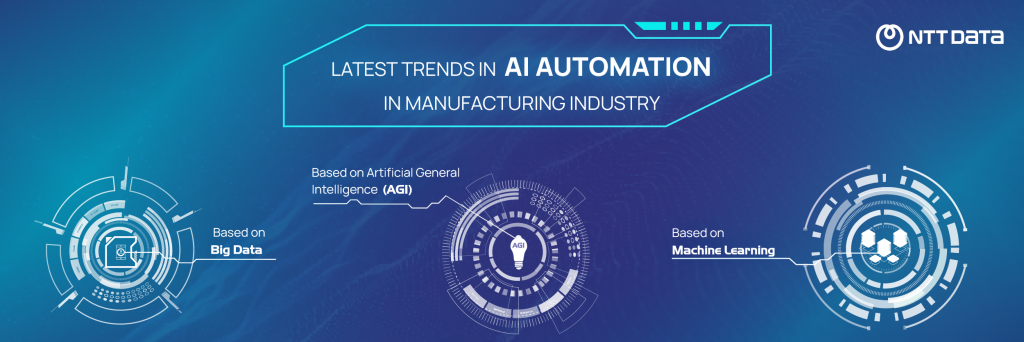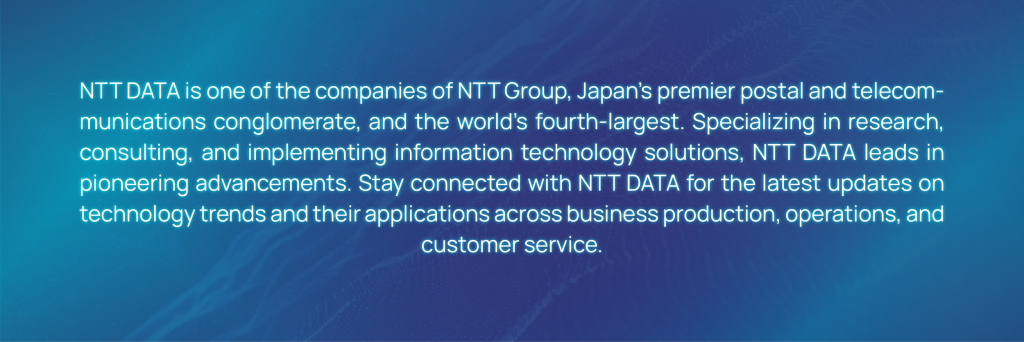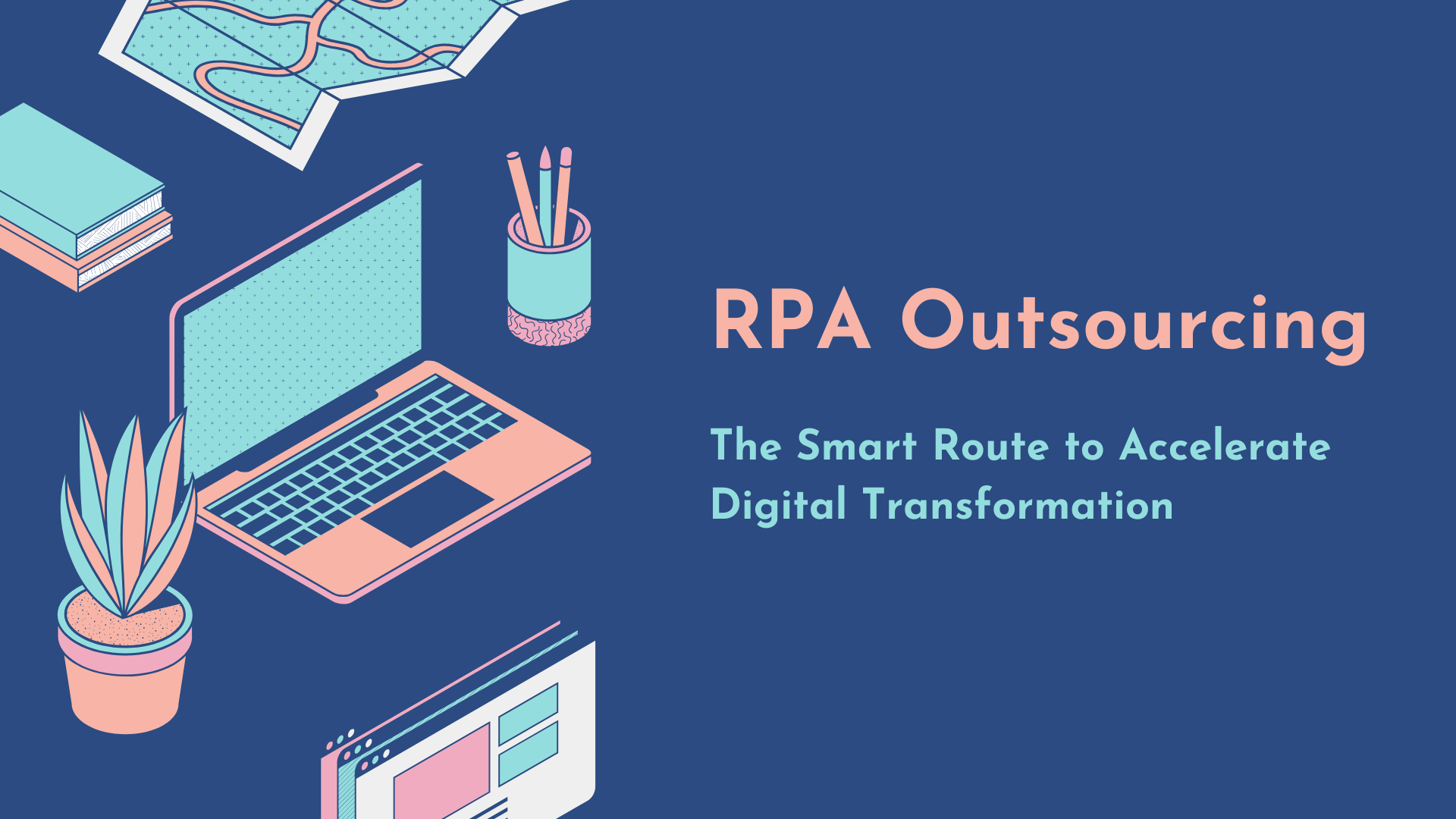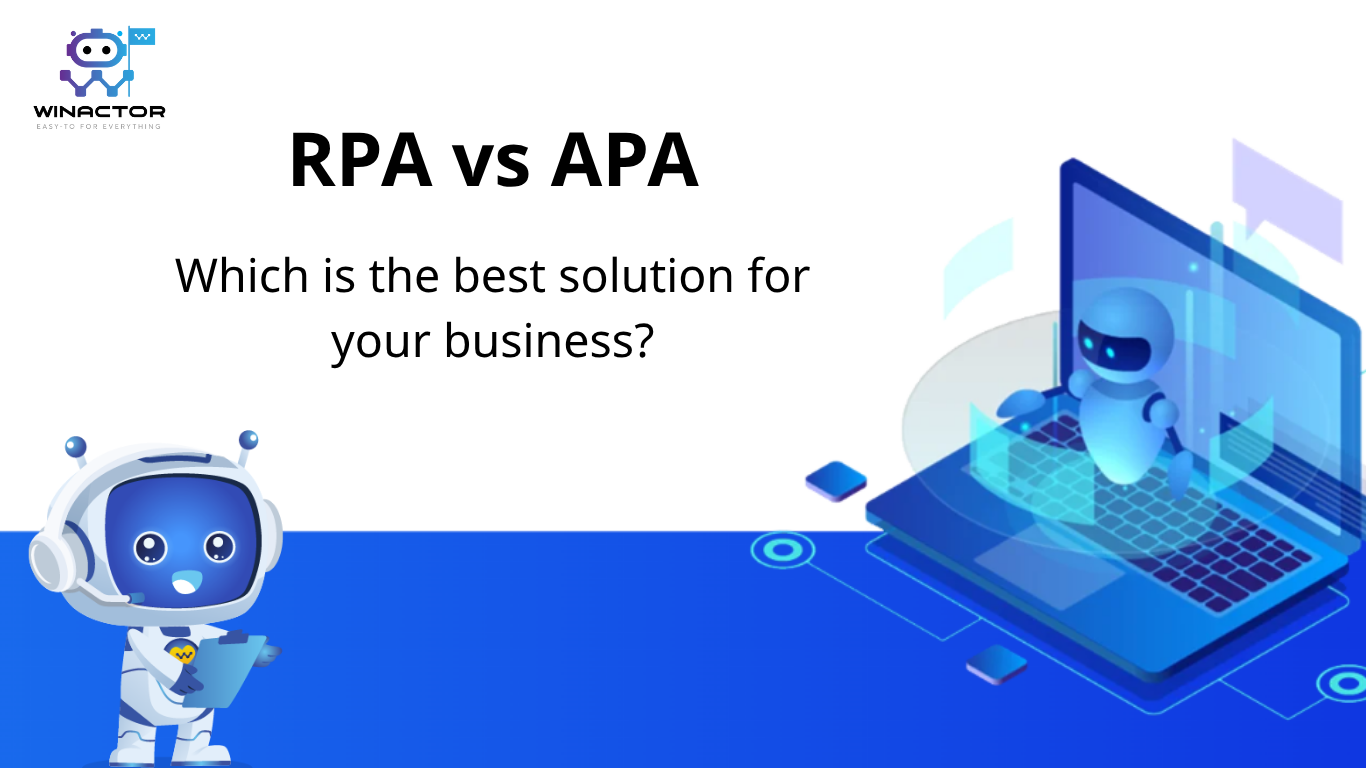
AI automation stands at the forefront of the manufacturing industry, propelling businesses towards enhanced performance, superior product quality, and reduced production expenses.
As per an IDC report, the AI automation market in manufacturing is projected to surge to $1.2 trillion by 2025, cementing its status as a robust growth trajectory. Additionally, a McKinsey report highlights that AI automation can slash production costs by up to 20%, concurrently elevating product quality and minimizing production errors.
NTT DATA is a leading provider of information technology solutions for software and web applications, as well as a company specializing in research, consulting, and transformation of automation technology with over 139,000 experts in many countries around the world. NTT DATA has achieved significant performance gains by implementing the WinActor and DX Suite solutions to optimize processes for a leading food manufacturing company in Vietnam:
– 4,000 orders were automatically entered in the first month of use.
– Employee errors were significantly reduced, and employees did not have to work overtime.
– It only takes 2.5 minutes to automatically enter one order, which is half the time it took previously.
You can follow what this company achieved using two NTT DATA solutions here:
What are the latest trends in AI automation reshaping the manufacturing landscape? Here are some noteworthy insights:
– Big Data-driven AI Automation: Leveraging data from diverse sources—machines, devices, IoT systems—enhances the efficiency of AI automation in manufacturing. It refines AI model accuracy, automates intricate processes, and optimizes production workflows.
– AGI-powered AI Automation: AGI, an advanced form of artificial intelligence mirroring human-like capabilities, automates intricate manufacturing processes requiring creativity and critical thinking.
– Machine Learning-fueled AI Automation: This AI technique enables machines to learn from data sans explicit programming. Machine learning streamlines data-centric manufacturing processes—forecasting product demand, optimizing supply chains, and enhancing product standards.
If you seek AI automation solutions tailored to your business, we invite you to consult us for expert consultation.





